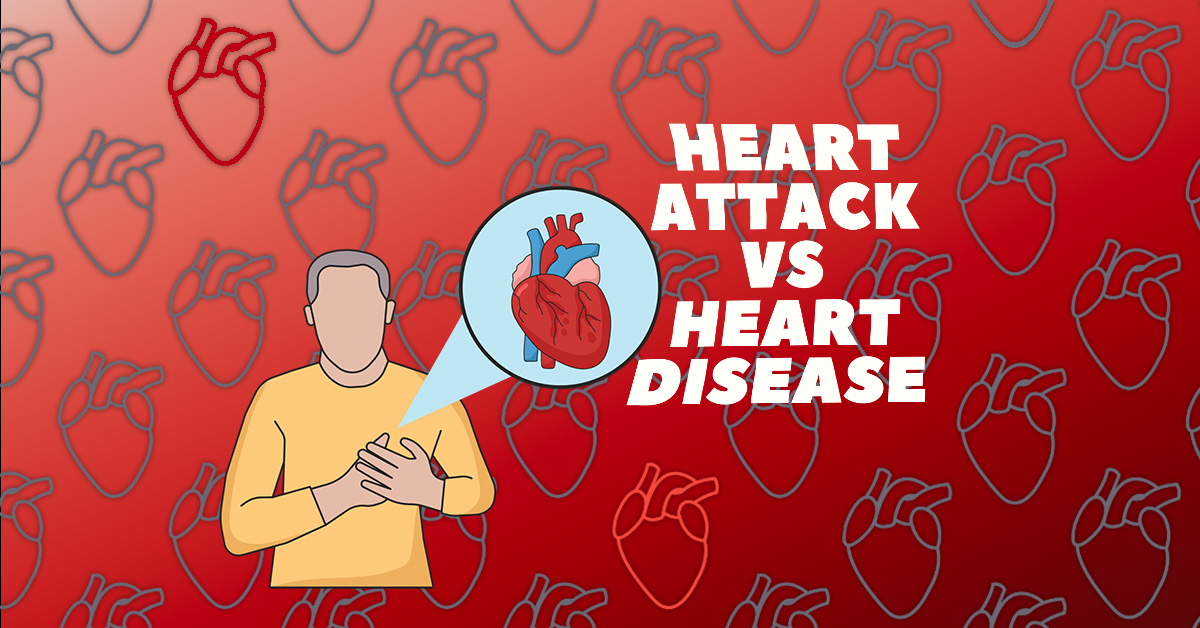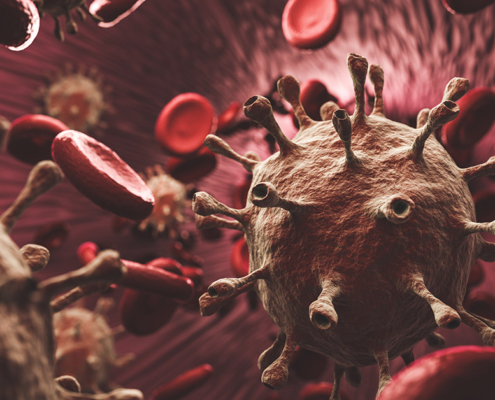Heart Attack vs Heart Disease
Heart attacks and heart disease are two terms that are often used interchangeably, but they are not the same thing. While heart disease is a broad term that encompasses a variety of conditions that affect the heart, a heart attack is a specific event that occurs as a result of heart disease. In this article, we will explore the differences between these two terms and provide a deeper understanding of what they mean.
Heart Disease
Heart disease is a broad term that refers to a range of conditions that affect the heart. It is often used as an umbrella term to describe any condition that affects the heart’s structure or function, including coronary artery disease, heart failure, and arrhythmia. Heart disease is the leading cause of death in the United States, and it is responsible for one in four deaths each year.
There are many risk factors for heart disease, including high blood pressure, high cholesterol, smoking, obesity, and a family history of heart disease. While some of these risk factors cannot be changed, such as family history, others can be modified to reduce the risk of heart disease.
Symptoms of heart disease can vary depending on the specific condition, but they often include chest pain, shortness of breath, fatigue, and dizziness. If you experience any of these symptoms, it is important to see a healthcare provider for a proper diagnosis and treatment.
Treatment for heart disease may include lifestyle changes, such as eating a heart-healthy diet and exercising regularly, as well as medications to lower blood pressure, reduce cholesterol, and prevent blood clots. In some cases, surgery may be necessary to treat heart disease, such as bypass surgery or valve replacement.
Heart Attack
A heart attack occurs when blood flow to the heart is blocked, usually by a blood clot. When the heart does not receive enough blood, it can cause damage to the heart muscle, and if left untreated, a heart attack can be fatal.
Symptoms of a heart attack can include chest pain or discomfort, shortness of breath, nausea, and lightheadedness. In some cases, a heart attack can be “silent,” meaning that there are no symptoms at all.
It is important to seek emergency medical attention if you think you are having a heart attack. Treatment for a heart attack may include medications to break up blood clots, such as aspirin or clot-busting drugs, and procedures to open up blocked arteries, such as angioplasty or stenting.
While a heart attack is a specific event, it is often caused by underlying heart disease. In fact, most heart attacks are caused by coronary artery disease, which is a buildup of plaque in the arteries that supply blood to the heart.
Differences Between Heart Attack and Heart Disease
The main difference between heart attack and heart disease is that heart disease is a broad term that encompasses a variety of conditions that affect the heart, while a heart attack is a specific event that occurs as a result of heart disease. Heart disease can cause a heart attack, but not all cases of heart disease will result in a heart attack.
Another key difference between the two is that heart disease can often be managed with lifestyle changes and medications, while a heart attack is a medical emergency that requires immediate treatment. While lifestyle changes and medications can help prevent a heart attack from occurring, they cannot reverse the damage caused by a heart attack.
Final Thoughts
Heart disease and heart attack are two terms that are often used interchangeably, but they are not the same thing. Heart disease is a broad term that encompasses a variety of conditions that affect the heart, while a heart attack is a specific event that occurs as a result of heart disease. Understanding the differences between these two terms can help you take steps to reduce your risk of heart disease and seek medical attention if you experience any symptoms of a heart attack.
First Response Training International offers courses in First-aid, CPR, AED, Workplace Safety, and more. To learn more about our classes and curriculum visit our Training Programs page. If you are interested in becoming a First Response CPR/First-aid Instructor, visit our Becoming an Instructor page. Thank you for reading and sharing this blog.












Ostavite odgovor
Želite li da se priključite diskusiji?Slobodno popunite!